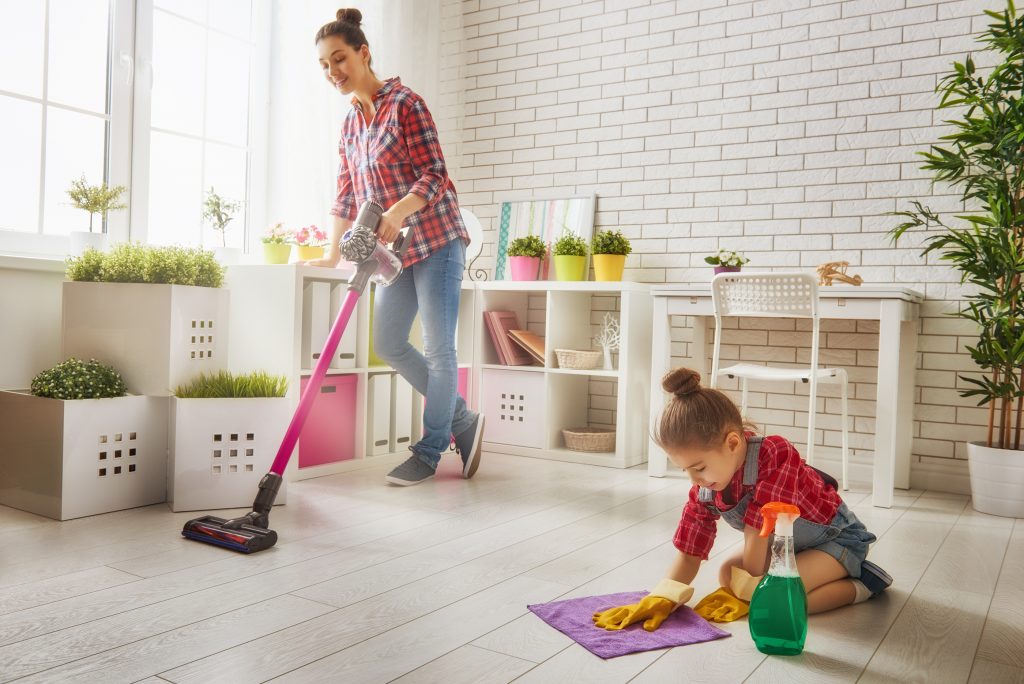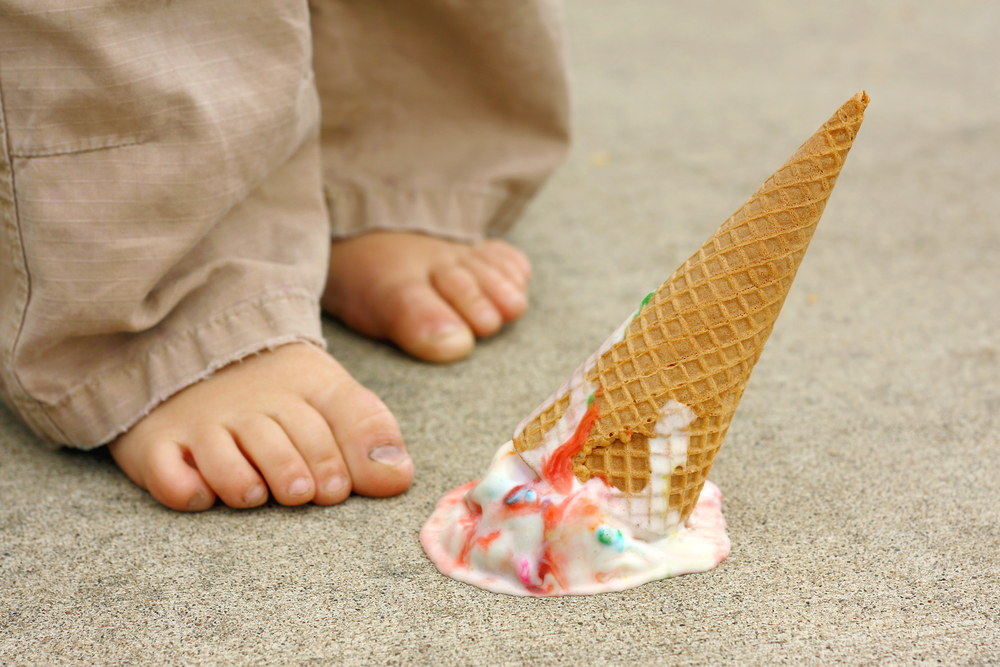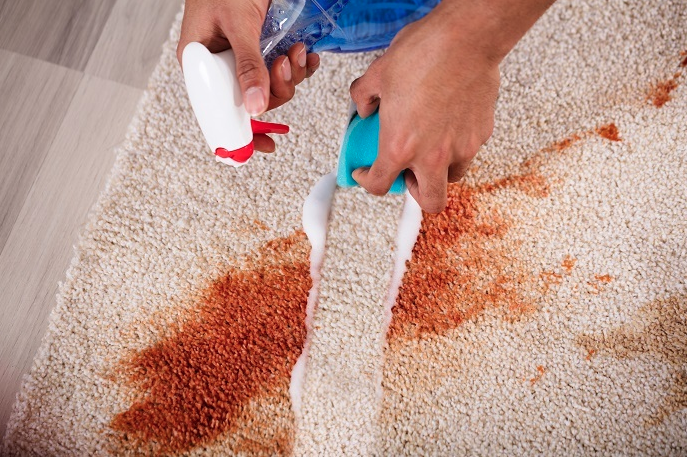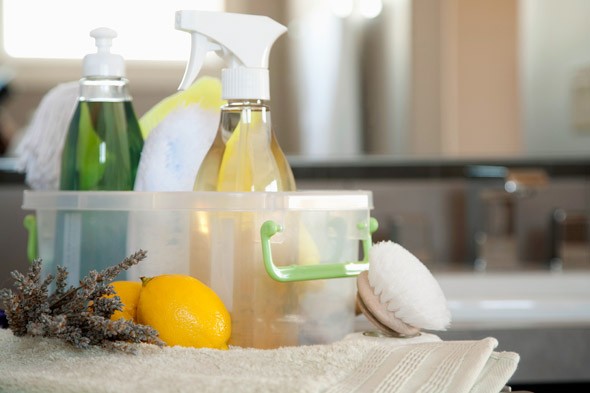How to Structure Your Housekeeping Around Changing Homework Requirements

Whether you have kids at home or you’re a college student just striking out on your own, school impacts the way you keep your space clean!

If you don’t understand the ebb and flow of homework for your kids, it’s going to be more difficult for you to squeeze in all the housekeeping and cleaning you’re hoping to get done. This information about which states have the most homework will make it easier for you to structure your housekeeping needs.
Understand How Homework Changes Throughout the Years
As your kids get older, they’re going to receive more homework on average. It’s good to understand that from the very beginning, because it’ll help you prepare for the way homework changes every year. From there, you can get a head start in planning for different seasons.
On average, homework times increase by more than half an hour as kids move up from elementary and middle school to high school and then to college. Nationwide, the average amount of daily homework for kids in elementary and middle school is 42.4 minutes. That goes up to 78 minutes in high school, and up even further to 116 minutes in college.

Understand the Average for Your State
Although these nationwide averages help paint an overall picture for the country, the homework in your state could vary a fair amount. For example, college homework showcases a 56.3-minute range, from 141.3 daily minutes on average in Idaho to 85 daily minutes on average in Delaware. You can check through the lists yourself to see information about your specific state if you think it’s important for building a schedule. It’s also easy to just look at the highest and lowest numbers to see the potential range. Elementary and middle school ranges from 56 minutes in California to 30 minutes in Rhode Island, Kansas, and Nevada. High school ranges from 110 minutes in Vermont to 60 minutes in Kansas, Rhode Island, and Utah.
Promote Learning, Not Homework
Many parents support homework because they believe it’s the best way for kids to learn. After all, most parents had homework when they were their kids’ ages, which must mean that it’s a useful way to learn. Unfortunately, however, the data doesn’t back that up. There isn’t really any evidence to suggest that more homework means smarter kids.
Overall, homework simply doesn’t correlate with any statistical increase in traditional ways of measuring school success. On a state level, higher levels of homework didn’t seem to have any impact on SAT scores or GPA. That’s why it’s incredibly important that you discover ways of learning that work for you and your kids. You should take an active role in your child’s education, even if you have to balance that role with your housekeeping chores.

Conclusion
At the end of the day, both you and your kids sort of have homework — it’s just that their homework has to do with school, and yours has to do with keeping the home in order. Whether you’re housekeeping for your family, handling homework for your kids, or maybe handling your own college homework and housekeeping at once, you need an understanding of it all to work more effectively. By planning things in advance out as your kids move into fields of more homework, you’ll be able to help your kids and help yourself.







Leave a Comment